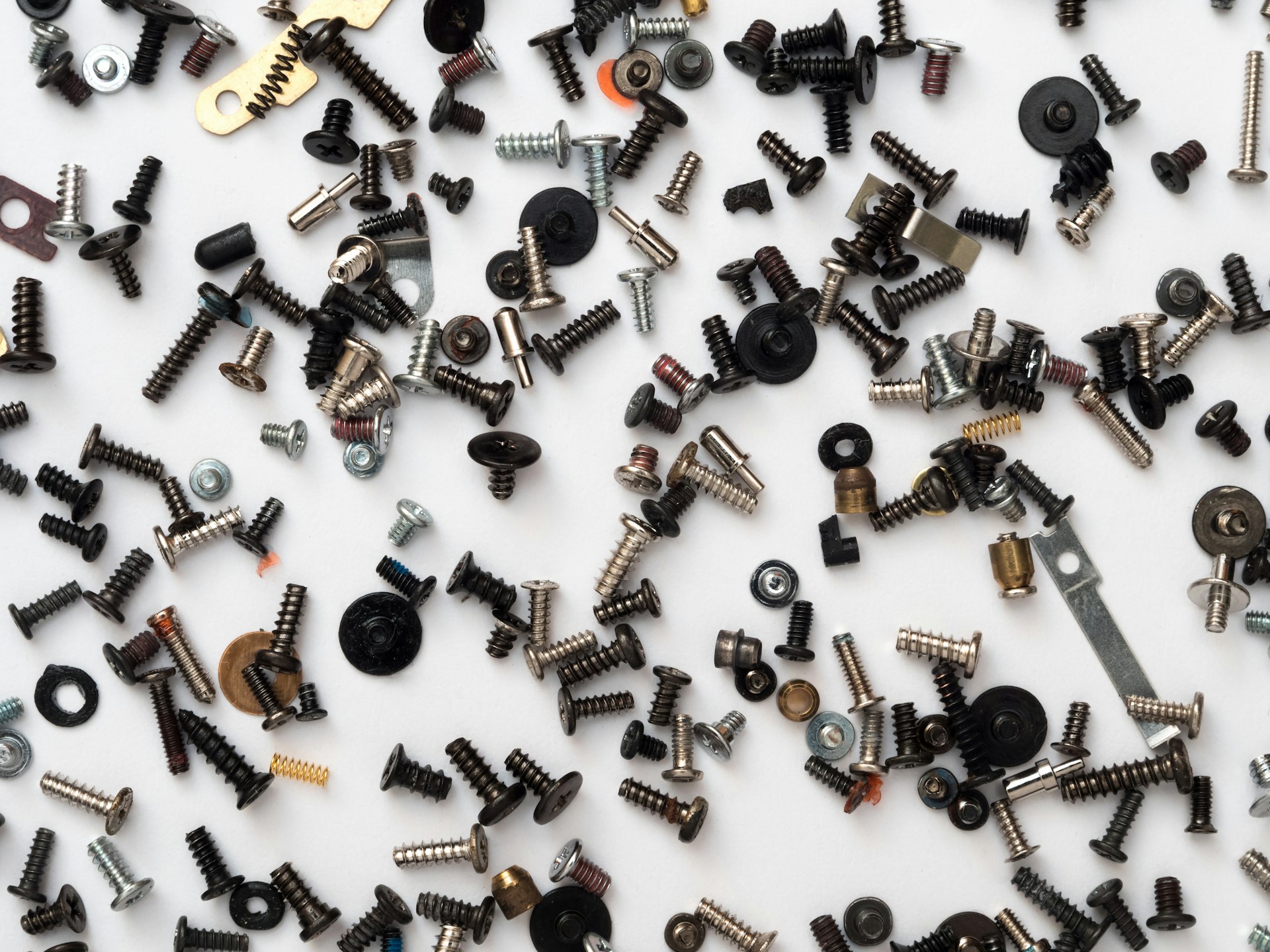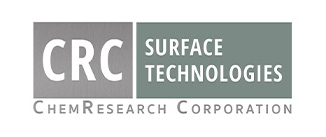
07 May What Is the Best Coating for Fasteners? Comparing Different Finishes
Fasteners might seem like small components in the grand scheme of things, but they play a crucial role in holding structures and machines together. However, if they are not adequately protected against corrosion and wear, their effectiveness and lifespan can be compromised. Fortunately, there are many different types of coatings that can enhance both function and longevity. Below, we compare eight different fastener coating types and their unique benefits.
Eight of the Best Coatings for Fasteners
1: Anodizing
This electrochemical process creates a protective oxide coating and it is one of the most corrosion-resistant finishes for aluminum fasteners. Aluminum anodizing improves wear resistance and can also be used as a decorative finish. Anodized fasteners are a great choice for industries where aesthetics and durability are equally important.
2: Cadmium Plating
This type of electroplating offers excellent corrosion resistance, even in harsh environments. Cadmium plating creates a sacrificial layer, meaning it corrodes before the underlying metal and can thereby extend the lifespan of fasteners. It also has good electrical conductivity, lubricity, and solderability. These properties make cadmium plating a common choice for fasteners used in the aerospace and defense industries.
3: Chrome Plating
Known for its exceptional hardness and corrosion resistance, chrome plating is the best coating for fasteners exposed to extreme conditions. Hard chrome plating in particular excels at protecting fasteners from wear and tear. Chrome plating also provides an attractive, reflective finish that’s easy to clean.
4: Electroless Nickel Plating
This chemical process involves depositing a nickel-phosphorus alloy onto the surface of the fasteners. Electroless nickel plating provides excellent corrosion resistance, hardness, and uniformity. It is often applied to fasteners used in aerospace, automotive, electronics, and engineering.
5: Nickel Plating
Nickel electroplating provides similar benefits to electroless nickel plating, but uses a different process. Instead of using a chemical process, nickel electroplating uses an electrolyte bath and an electrical current to coat fasteners in a layer of nickel. It offers corrosion resistance along with a bright finish, making it ideal for decorative applications that also require protection from wear.
6: Passivation
Passivating is a chemical process that removes free iron from the surface of metal fasteners. This process creates a passive oxide layer that enhances corrosion resistance. It also removes surface imperfections, which is ideal for improving the performance of fasteners. Passivation helps to maintain the integrity and lifespan of stainless steel fasteners exposed to corrosive environments.
7: Phosphate Coating
This treatment uses a chemical reaction to deposit a layer of phosphate crystals onto metal fasteners. Phosphate coatings not only improve corrosion resistance, they can also improve the adhesion of paint or subsequent coatings. For these reasons, phosphate-coated fasteners are commonly used in the automotive industry.
8: Silver Plating
Because it offers excellent conductivity and corrosion resistance, silver electroplating is the preferred choice for electrical applications. Silver plating also produces a bright, attractive finish that’s ideal for decorative applications. Silver-plated fasteners are the best choice in situations where high purity and reliability are crucial.
Fastener Coating Services in Phoenix, Arizona
For high quality coatings that last, go with CRC Surface Technologies. We can help you choose the right coating option to ensure the long-term performance of your fasteners. We can apply any of the coatings listed above, and we offer many other types of finishes as well. Send a message to rfq@chemresearchco.com to request a quote, or give us a call at 602-253-4175 to learn more.
Images used under creative commons license – commercial use (5/7/2024). Photo by Dan Cristian Pădureț on Unsplash

